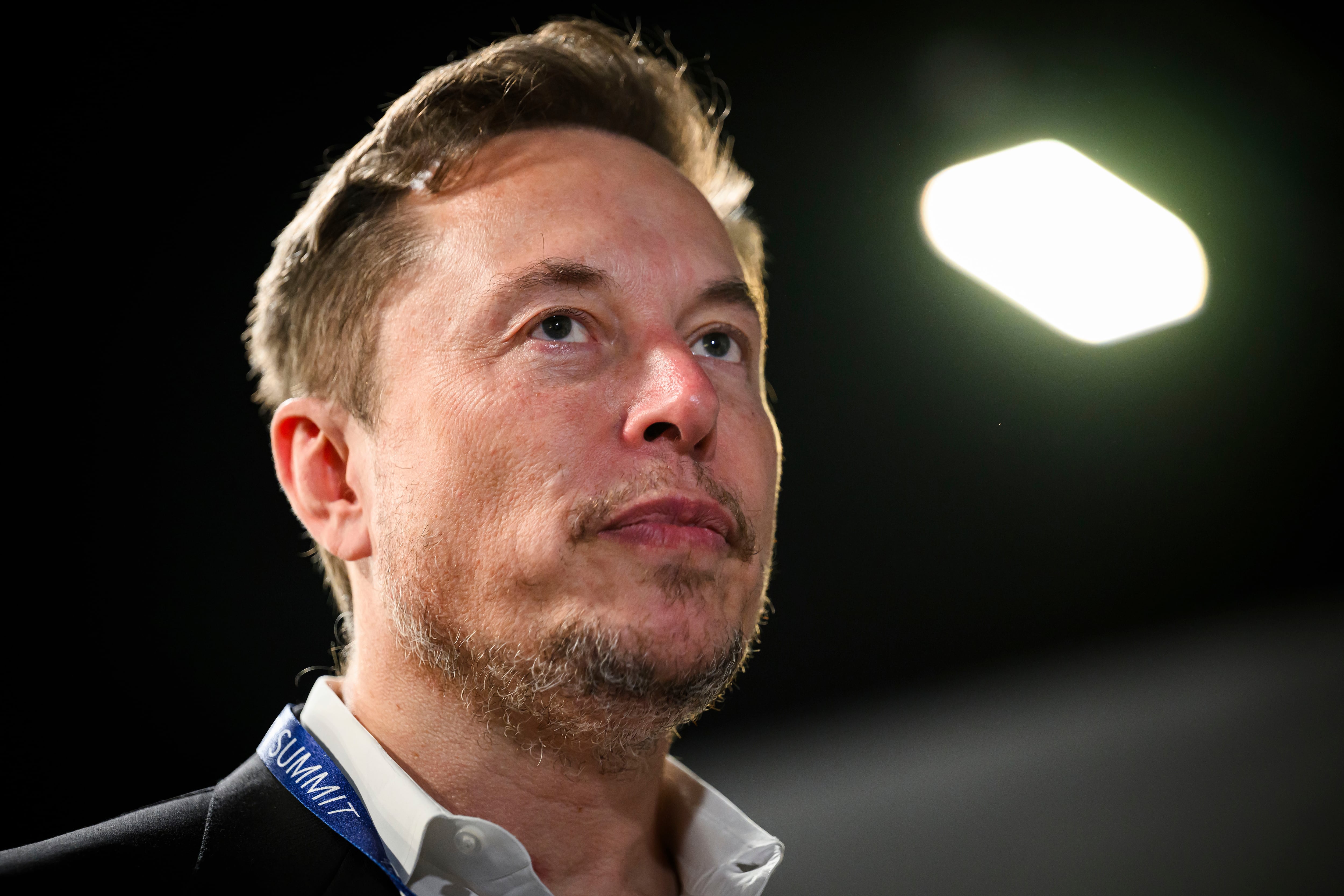General Motors' net income rose 12% last year despite losing more than $1 billion when many of its plants were shut down by a six-week autoworkers' strike.
The company predicts a small improvement this year even as it plans for lower vehicle selling prices due to increased discounts. Without giving much detail, CEO Mary Barra said the company is bringing back some plug-in gas-electric hybrid models in the U.S., reversing a strategy to focus on electric vehicles.
Shares of General Motors Co. jumped 8.2% in trading early Tuesday.
The Detroit automaker made just over $10 billion last year, up from $8.9 billion in 2022. Excluding one-time items the company made $7.68 per share, easily surpassing the $7.57 projected on Wall Street, according to FactSet.
Full-year revenue was $171.84 billion, about 10% more than in 2022. That also beat estimates of $167.26 billion.
The company predicts there's a good chance that net income will improve a little, from a range of $9.8 billion to $11.2 billion. It expects adjusted earnings per share in a range of $8.50 to $9.50, compared with $7.68 last year.
Due to $12.3 billion in North American pretax profits, about 45,000 members of the United Auto Workers will get profit-sharing checks of $12,250, the company said.
Chief Financial Officer Paul Jacobson told reporters that GM is preparing for a 2% to 2.5% average sales price drop on vehicles this year compared to last year as inventory grows amid high interest rates. GM has planned for price cuts for the past couple of years, but they haven't materialized, he said.
“It's not actually what we're seeing in the market today,” Jacobson said, adding that average sale prices “are actually holding up very similar to where we saw the end of 2023.”
Prices are stable for both internal combustion and electric vehicles, he said, bucking industry trends.
Barra told analysts on a conference call Tuesday that GM would bring back the hybrids to selected vehicles in North America, in part to help comply with more stringent fuel economy requirements that will start in 2027 in the U.S.
The company, she said, is still committed to eliminating tailpipe emissions from light duty vehicles by 2035. “But in the interim, deploying plug-in technology in strategic segments will deliver some of the environmental benefits of EVs as the nation continues to build its charging infrastructure,” she said.
The hybrid comeback can happen efficiently because the technology is already being produced in other markets, Barra said.
Growth in hybrid sales outpaced electric vehicle growth in the U.S. last year as environmentally conscious consumers bought them because of concerns over electric vehicle range and a lack of charging stations.
Jacobson also said that cost cutting by simplifying engineering and manufacturing saved GM about $1 billion last year, with another $1 billion expected this year.
GM struggled to start mass production of new electric vehicle models during the past year, but Jacobson said there is still strong demand for products that are on sale now. The company expects EV losses to ease this year and hit low-to-mid single digit profit margins in 2025 as it adds more EVs to its lineup.
During last year, GM lost $1.1 billion from the UAW strike, plus it booked $800 million in costs from a large Chevrolet Bolt EV battery recall. It also took a $1.7 billion accounting charge on the valuation of its electric vehicle inventory that is going to bring losses, Jacobson said. Those expenses won't occur in 2024, he said.
The company also expects to spend $1 billion less on its troubled Cruise autonomous vehicle unit as it slows the rollout of self-driving robotaxis. The company lost $2.7 billion before taxes at Cruise last year.
This year, the company expects $1.3 billion in higher labor costs and is prepared for about a $3 billion hit due to lower prices, Jacobson said.
In the fourth quarter, GM made $2.08 billion, up 4.5% from a year earlier. Without one-time items, the company made $1.24 per share, 8 cents more than analysts estimated.
Revenue from October through December was $42.98 billion, down slightly from the same period in 2022 but still beating estimates.









